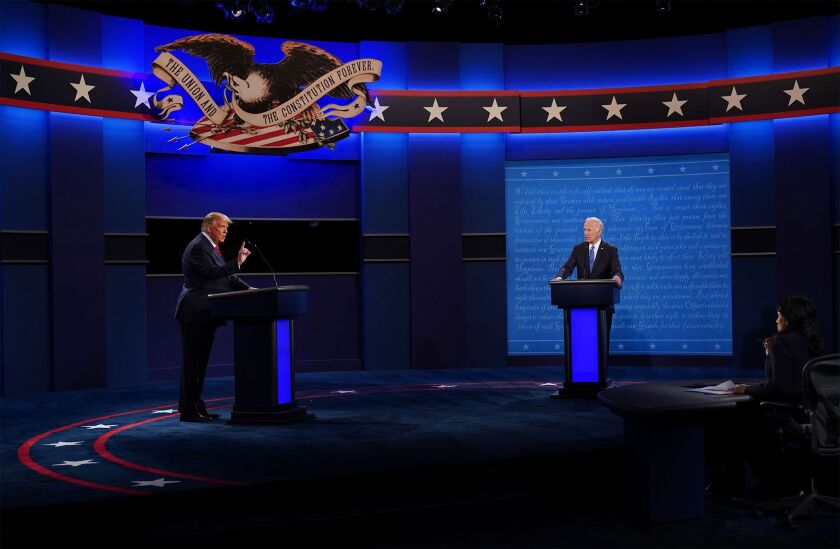Add in the complexities of this year’s presidential race, and we have a recipe for uncertainty and fear.
Former vice president and Democratic presidential candidate Joe Biden’s tax proposal will limit direct tax increases to just 1.9 percent of taxpayers.
Accounting firms Crowe LLP and BKD LLP released year-end tax-planning guides Wednesday, during a time of great uncertainty over future tax changes in the midst of the novel coronavirus pandemic and the upcoming election.
This article looks at a few key components of the presidential nominees' tax positions.
Senator Kamala Harris condemned the Trump administration’s handling of the pandemic as the worst failure in U.S. government history, but evaded answers on the Democrats’ positions on the environment and the Supreme Court.
During the 2020 presidential campaign, Democratic candidates made many proposals for changes to the Tax Code, ranging from changes to the tax rates to the imposition of a new 5 percent excise tax and a national sales tax.
Companies that took advantage of federal pandemic-relief efforts like payroll tax deferrals will face bigger bills next year.
The Democratic presidential nominee Joe Biden expressed optimism and hope about overcoming the economic crisis and other challenges during his acceptance speech at the virtual Democratic National Convention.
U.S. Senator Bernie Sanders said he will introduce legislation to tax what he called the “obscene wealth gains” from billionaires during the coronavirus crisis.
President Donald Trump said he is “talking about” doing a payroll-tax cut through an executive action, but doing so could result in hefty tax bills for employers later if the idea doesn’t get mired in legal challenges before then.















